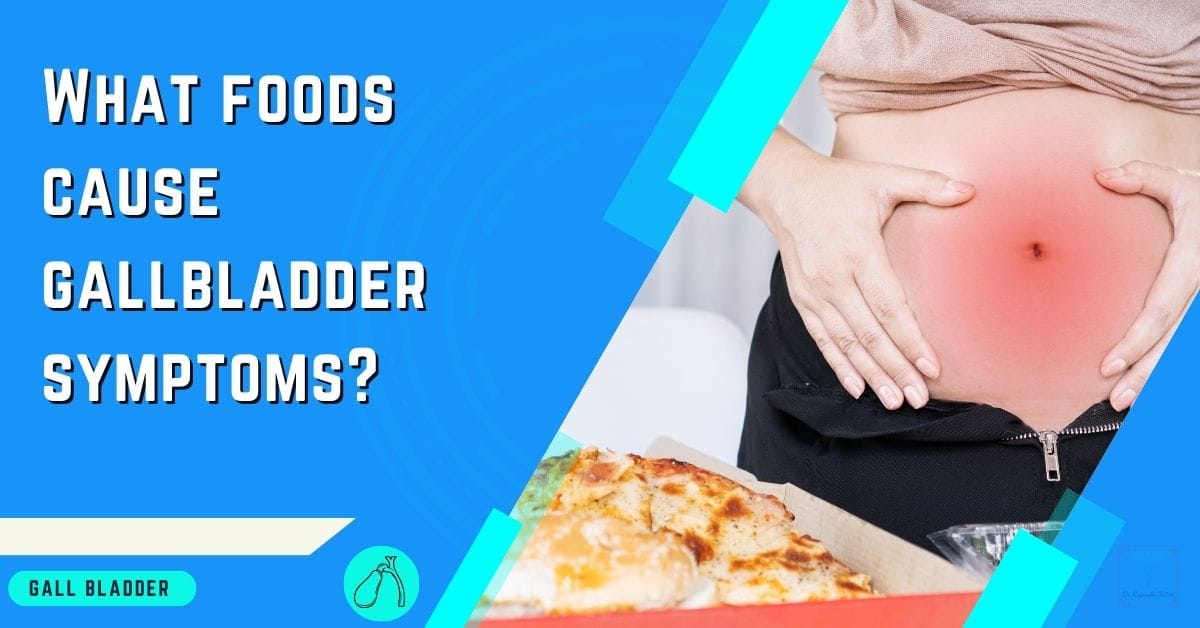The development of gallstones is closely tied to diet and eating habits. Certain foods and dietary habits have been associated with an increased risk of developing gallstones. Research indicates that diets high in saturated fats and refined carbohydrates can elevate the likelihood of gallstone formation. Additionally, rapid weight loss or prolonged fasting may disrupt the balance of bile salts, further contributing to the risk. Interestingly, the stress and gallstones connection has also been observed, as chronic stress may influence dietary choices and lead to behaviors that promote gallstone development.
As your surgeon, I want to provide guidance on foods that may cause gallstones so you can avoid them and lower your risk. I will discuss how dietary factors like cholesterol, saturated fats, calories, and rapid weight loss influence gallstone formation and explore specific high-risk foods.
Foods That Can Cause Gallstones:
1. High-Fat Dairy Products
Full-fat dairy foods like whole milk, butter, cheese, cream, and ice cream are high in saturated fat and cholesterol. This can supersaturate bile and form stones.
2. Fatty Red Meats
Excess calories and saturated animal fats in fatty cuts of beef, pork, and lamb contribute to obesity and increased cholesterol, boosting gallstone risks.
3. Processed Meats
Sausages, deli meats, bacon, and hot dogs contain nitrates, excess sodium, and saturated fats that strain the gallbladder.
4. Eggs and Poultry Skin
The cholesterol in egg yolks and saturated fats in chicken skin overload the gallbladder with lithogenic substances.
5. Baked Goods and Desserts
Cookies, cakes, muffins, croissants, and pies made with shortening, butter, and oils contain trans fats that increase gallstone chances.
6. Fried Foods
French fries, chips, chicken nuggets, and onion rings overload the liver with fat, increasing cholesterol secretion into bile.
7. Refined Carbs and Sugars
Excess calories from white bread, pasta, sugary cereals, and sweets contribute to insulin resistance, obesity, and gallstones.
8. Crash Diets and Rapid Weight Loss
Quickly shedding pounds through very low-calorie diets rapidly increases cholesterol saturation in bile.
Summary of Key Points:
– Limit high-fat dairy, meats, fried foods and baked goods
– Avoid processed deli meats and foods with trans fats
– Reduce egg yolks and poultry skin
– Minimize added sugars and refined carbs
– Steady moderate weight loss is safer than crash dieting
– Losing weight gradually and following a healthy balanced diet can help prevent gallstones
Let me know if you have any other diet-related questions on maintaining gallbladder health!



















